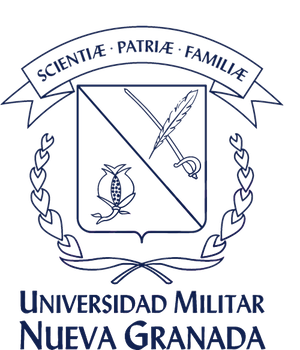To the configuration of the political subjectivities of the Wide Board National Student (MANE): the youngers protagonist of the action
Abstract
During 2011, they were held several demonstrations of young people of both public and private universities, against the proposed education reform of Law 30 of 1992 by the government of President Juan Manuel Santos, settling the Wide Board National Student (MANE). The marches and collective actions of young officers of the board, allowed the society to have a different image of the student movement, because of the creativity and the realization of their ideas to defend education. Therefore, the question for the configuration of political subjectivities of MANE arises through the methodological resource of critical analysis of discourse , showing that the actions of young people were recognized in society and that readings on the social and educational reality in the country, allowed them reflected upon as political subjects.
To analyze the configuration of political subjectivities, the theoretical contributions of the researchers Juliana Cubides, Alcira Aguilera and author Norbert Lechner, who conceptualized this category based on social and
student movements, which allowed the way to understand how young people have been involved in society, implementing nursing care struggling to transform education.
Downloads
References
• Aguilera, A. (2014). Subjetividades políticas en movimiento(s). La defensa de la universidad pública en Colombia y México. Bogotá: Universidad Pedagógica Nacional.
• Bauman, Z. (2004). Modernidad líquida. México: Fondo de Cultura Económica.
• Cubides, J. & Martínez, M. (2012), Acercamientos al uso de la categoría de ‘subjetividad política’en procesos investigativos, en, Piedrahita, C., Díaz, Á. & Vommaro, P. (Comp.), Subjetividades políticas: Desafíos y debates latinoamericanos, Bogotá, Universidad Distrital Francisco José de Caldas, Biblioteca Latinoamericana de Subjetividades Políticas, 169-189.
• ____________________________ (2014). Movimientos juveniles contemporáneos en América Latina: juventud y política en la encrucijada neoliberal. Clacso.
• González, F. (2008). Subjetividad social, sujeto y representaciones sociales. Revista diversitas - perspectivas en psicología. 4(2). 225-243.
• Ley 30. (1992). Por el cual se organiza el servicio público de la educación superior. Bogotá: Diario Oficial. Diciembre 28
• Hardt, M. & Negri, A. (2001). Imperio. Bogotá: Ediciones Desde Abajo.
• Lechner, N. (2004). Las sombras del mañana. La dimensión subjetiva de la política. Polis revista latinoamericana. 7. s.p.
• Martínez, J. (2013). Polisemia de las juventudes. Una lectura desde las políticas del acontecimiento. Bogotá: Cinde.
• Torres, A. (2000). Educación popular, subjetividad y sujetos sociales. Revista Pedagogía y Saberes. 15.
• Zemelman H. (2002). Necesidad de conciencia. México: Anthropos.
Entrevistas
Cárdenas, L. (2015, febrero 13)
Fernández, S. (2015, febrero 12)
Rivera, J. (2015, febrero 11)













